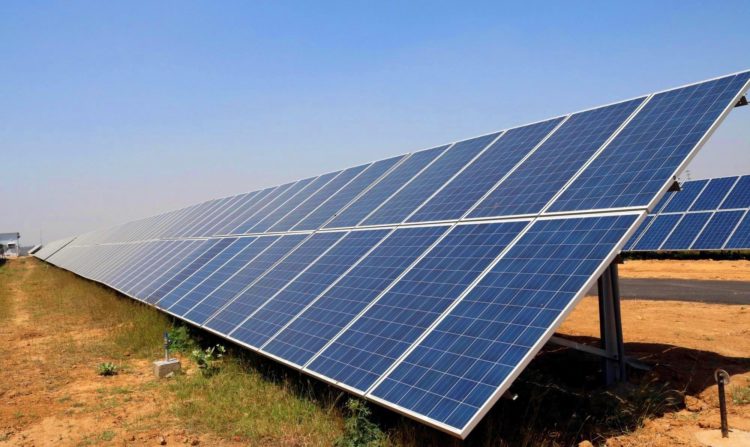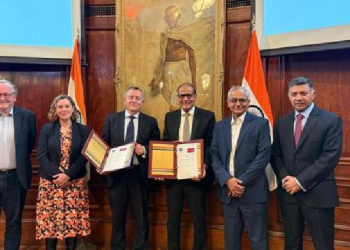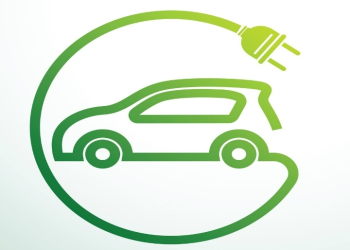New Delhi: The increasing need for cost savings and growing awareness among residential consumers, along with a strong push by the Central government, is helping accelerate the pace of rooftop solar installations in India’s residential segment, a new report by the Institute for Energy Economics and Financial Analysis (IEEFA) and JMK Research & Analytics said on Thursday.
Gujarat, Haryana and Maharashtra are the three most attractive states for residential rooftop solar installations.
“This shows that the potential for rooftop solar installations in residential spaces is huge in India. We expect the growth of residential rooftop solar installations to accelerate in the near term across India because of the strong policy push and resurgent market demand,” says the report’s co-author Vibhuti Garg, Director, South Asia, IEEFA.
“The Indian residential rooftop solar segment is at the cusp of a robust growth phase. From the 2 gigawatts (GW) cumulative installed capacity as of fiscal year (FY) 2022, the residential market will likely reach 3.2GW by FY2023.”
Regarding demand-side drivers, the report highlights that there has been a key change brought about in consumer behaviour and demands after Covid-19.
“The lack of consumer awareness had been one of the major impediments to adoption, especially in the pre-Covid era. However, post-Covid, there has been a strong surge in demand, backed by enhanced consciousness about cost savings, the environment, etc.,” says co-author Jyoti Gulia, Founder, JMK Research.
“Interestingly, while the pace of the solarisation of India’s residential segment has been underwhelming, the country has been the world’s least expensive residential solar power market for about a decade.”
In 2020, the average cost of a residential rooftop solar system in India was $658 per kilowatt (kW), declining by 73 per cent from the 2013 level. In comparison, in 2020, the residential rooftop solar cost in leading residential markets, such as Japan, the UK, Switzerland and the US, was 3.3x to 6.4x that of India.
The report adds the Central government’s recent push by launching a single national digital portal to simplify the process of residential rooftop solar installations and formalising a direct benefit transfer mechanism will boost capacity addition.
“The new Central Financial Assistance (CFA) scheme will allow residential consumers to buy rooftop solar systems from any registered supplier of their choice. This broadens consumers’ options for quality products and services,” says co-author Prabhakar Sharma, Senior Research Associate, JMK Research.
While initiatives by the Central government are positive developments, the report also finds that some policy hurdles persist at the state level.
For example, the state governments must resolve issues such as delays in net metering approvals and proper communication of the benefits of rooftop solar installations. Sometimes, state electricity distribution companies (DISCOMs) delay subsidy payments to the installers, disrupting the latter’s working capital flow.
“Concerning the residential solar regulations, all state electricity distribution companies must grant net metering approvals to the consumers within a strict and short timeline. In the case of residential rooftop solar systems, DISCOMs, in general, need to be restricted to carrying out two activities: inspecting solar plants and selling the net meters,” says co-author Akhil Thayillam, Senior Research Associate, JMK Research.
In addition to policy hurdles, some other challenges that the residential rooftop solar segment currently faces are increasing overall system costs (in the past couple of years) and weak financing support.
To better understand the states that are performing better in attracting residential rooftop solar installations, the report also provides a State-Wise Attractiveness Index for Residential Rooftop Solar Sector.
(IANS)




















